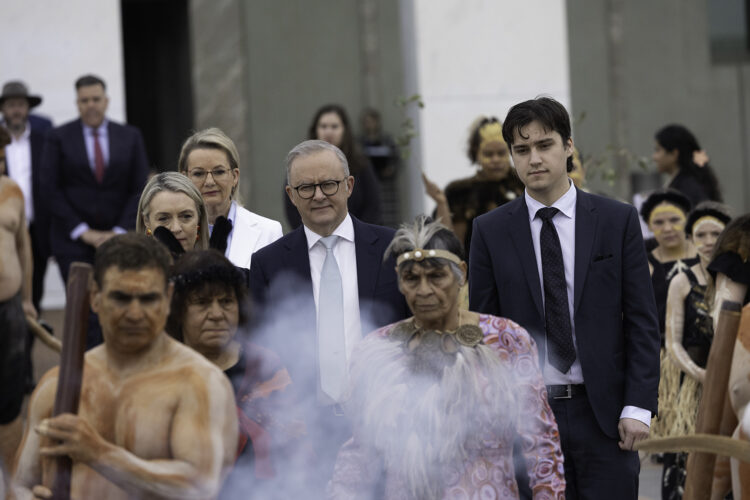With parliament about to get underway for the new term, housing advocates Everybody’s Home has a list of solutions for Australia’s housing crisis that a willing government could actually implement.
One of the strange things about the housing crisis is that you have the federal housing minister saying that it’s the state’s fault/responsibility. And while it is right that housing is not the immediate responsibility of the federal government, the well being of Australians is. And the power of being in the federal government is the ability to be able to make national laws. That doesn’t require reading Abundance (if you haven’t heard of that book, protect your peace) or mean that property developers are the ones who will save us. It means, as Everybody’s Home points out, actually taking action.
Everybody’s Home’s new report, Out of Reach, shows that “once-affordable cities are now suffering from some of the worst rental pressures in the country”.
With rents surging 57% across capital cities over the past decade, and social housing declining to around 4% of all homes, the housing crisis has reached unprecedented levels that demand urgent government action.
As parliament starts for this new term, Everybody’s Home is calling on the government to:
- Build more social housing (940,000 new homes within 20 years to meet demand)
- Phase out unfair tax handouts to property investors that fuel property speculation
- Coordinate nationally consistent protections for renters
- Boost income support to help keep people housed and out of poverty.
Everybody’s Home spokesperson Maiy Azize said:
Labor has the mandate but they won’t have this opportunity forever. This term is their moment to leave a lasting legacy on housing or they can be remembered for letting it slip through their fingers.
This is a defining opportunity for the Labor government to show they’re serious about fixing the housing crisis. They must seize this second term to deliver housing policies that will create lasting, generational change.
Australians expect this new Parliament to show up with ambition and drive bold, visionary housing reforms that match the enormity of the crisis. Our leaders cannot afford to waste this second chance to deliver lasting, transformative change for millions of Australians.
The government mustn’t take for granted the Australians who voted them in with the hope of making housing more affordable. The government can’t ignore the increasing number of Australians who are sleeping on streets and couches, forgoing food and medicine to pay rent, and living in unsafe and makeshift housing.
Warnings that the government is unlikely to meet its 1.2 million housing target is further proof that relying on the private market alone won’t work. The government must step up and directly deliver the rentals that are guaranteed to be affordable and meet demand.
If Labor is serious about fixing the housing crisis, it must return to the business of building. This requires a big and long-term commitment to delivering hundreds of thousands of social and affordable housing.”
